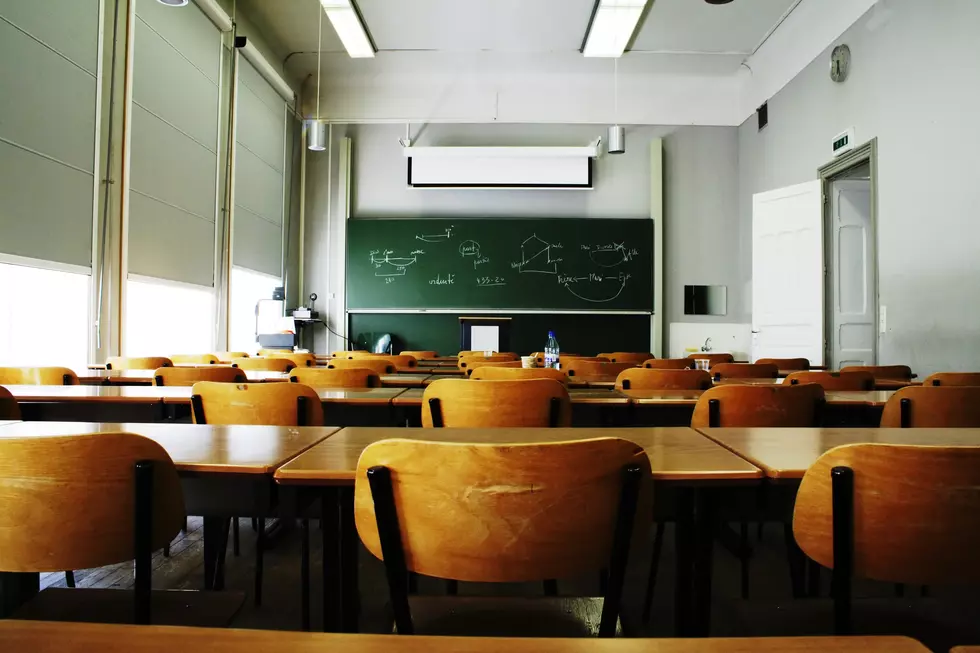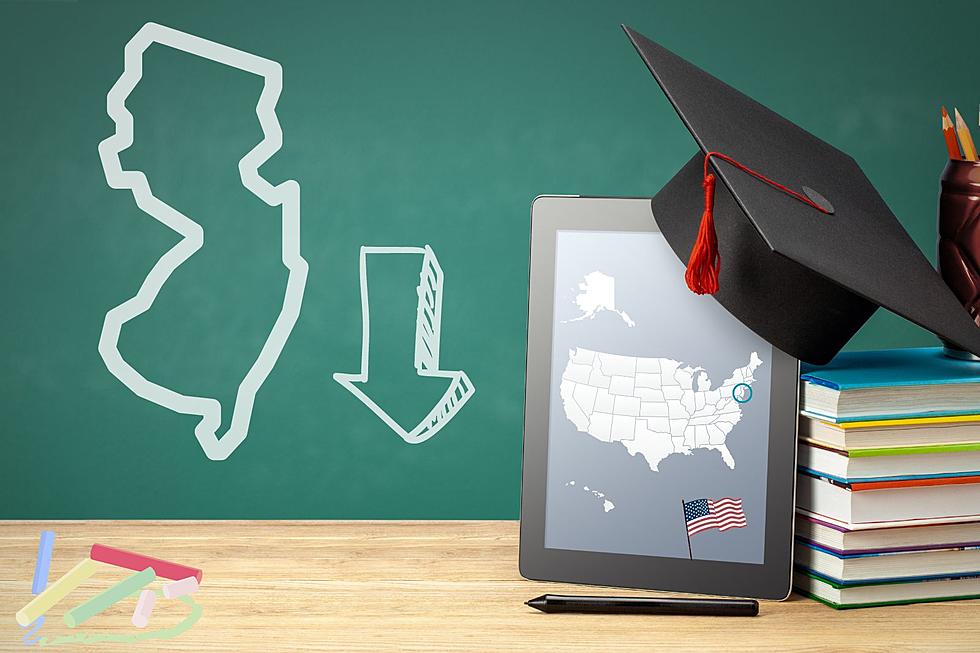
NJ Poised to Require Asian-American History Be Taught in Schools
TRENTON – Social studies classes in New Jersey public schools will be required to include Asian-American history, under a bill that has been overwhelmingly passed by both the state Senate and Assembly.
The Senate approved the bill 34-2 on Dec. 2, and the Assembly approved it 75-1 on Monday. It was amended slightly in the Assembly, mostly to require school boards to consult a separately proposed Commission on Asian Heritage, so needs another vote in the Senate to reach Gov. Phil Murphy’s desk.
At over 1 million people, the Asian population is New Jersey’s fastest-growing, up 44 percent in the last decade. But it has also been the target of hateful comments and worse during the pandemic, in which the novel coronavirus first emerged in China.
Sima Kumar, a teacher at West Windsor-Plainsboro High School South, told lawmakers at a committee hearing that “education is the antidote to racism.”

“This commission will assure that public school children will learn that Asian-American history is American history. Asian-American literature is American literature,” said Kumar, who testified to the Legislature in her role as a board member for Make Us Visible New Jersey and was not speaking on behalf of her school district.
Students of Asian descent make up more than half the enrollment in at least five districts – Englewood Cliffs, West Windsor-Plainsboro, Edison, South Brunswick and Montgomery – and three charter schools. It could be more than that, as the state enrollment data doesn’t provide demographic details about more than 34,000 multiracial students.
But the curriculum isn’t keeping up with demographic changes, say advocates for the new bills.
“And not seeing Asian-Americans in our curriculum, it sends a message to me – I’m invisible, and I don’t matter,” said Ridgewood High School student Christina Huang.
Discrimination and violence against people of Asian descent has been up dramatically during the pandemic.
Assemblyman Raj Mukherji, D-Hudson, said hate incidents were up 80% to 90% between 2019 and 2020. He said there have been suicides among students of Asian descent but that the bill could help prevent more.
“If it could lead to improved tolerance and acceptance of the AAPI community in the wake of what’s gone on during the pandemic, this bill could actually save lives,” Mukherji said.
Kani Ilangovan, a child, adolescent and adult psychiatrist and founder of Make Us Visible New Jersey, said there’s a human cost in delaying the bill for children facing bullying and fearful for their safety.
“Our kids are only kids once. We want to protect them as best we can,” Ilangovan said. “These acts of hatred take an enormous toll physically and mental on children and our communities.”
Chapin School 7th grader Bryan Zhao recalled being spit at by a man in his neighborhood. He said topics pertaining to Asian-Americans are "slightly cast aside into the shadows" and infrequently discussed in school.
“This leads to a lack of knowledge and understanding about AAPI history and culture among our peers,” Zhao said.
Princeton resident Ying Lu, an New York University associate professor, said there will be creative ways to discuss the local history of Asian-Americans and Pacific Islanders. For instance, she said, the first Chinatown on the East Coast wasn’t in New York – it was in Belleville in Essex County.
“After building the transcontinental railroad that transformed our country, Chinese-Americans settled in Belleville after finding it more welcoming than other parts of the country,” Lu said.
50 Most Popular Chain Restaurants in America
First flakes: When does snow season start in NJ?
More From WPG Talk Radio 95.5 FM










